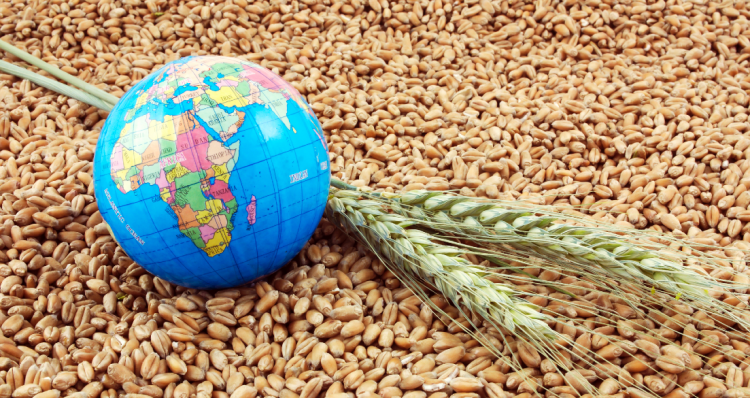
Global Food Security on The Edge as Russia Exits Grain Deal
Administrator_India | October 31, 2022 | 0 | WORLD NEWSHow much of a price jump is harder to predict since the safe-passage deal was already set to expire in mid-November if no agreement is reached to extend it Traders are bracing for a fresh spike in grain prices after Russia’s exit from a deal allowing Ukraine crops to move from the Black Sea to the countries most in need of them roils markets anew. The sudden move by Russia has left leaders scrambling to rescue the UN-and-Turkey-brokered agreement credited with saving vulnerable populations from risk of starvation. The pact reached in July had helped temper wheat futures after they rocketed to a record high in the wake of Russia’s invasion of Ukraine in late February. The latest trade setback threatens to worsen already severe inflation and deepen a global food crisis. The first test will be on Monday morning in Asia, when trading kicks off. We will definitely open higher,” said Charlie Sernatinger, global head of grain futures at ED&F Man Capital Markets Inc. in Chicago.How much of a price jump is harder to predict since the safe-passage deal was already set to expire in mid-November if no agreement is reached to extend it. Over the weekend, Turkey and the United Nations were working to salvage the agreement, even as Russia said any next steps could only be determined after a full investigation into an attack on its naval fleet. The two parties, alongside Ukraine, agreed to have vessels carrying food from Ukrainian ports sail on Monday, posing a challenge to Moscow and potentially dulling the impact of Russia’s withdrawal from the deal.

potential This Year.
Other producers have adjusted,” said David Laborde of the International Food Policy Research Institute in Washington. Still, grain prices could potentially rise between 5% and 10% in coming days as markets “absorb the bad news,” he said. As of Friday, Chicago wheat was set to tumble 10% in October, the most since June, in part on easing supply worries. International Food Policy Research Institute their net-bearish positions on the futures to the highest since June 2020, according to the latest weekly US government data Typically, the world relies on the Black Sea region for more than a quarter of annual wheat and barley exports, about a fifth of its corn cargoes and the bulk of its sunflower oil shipments Along with a reduction of exports, the early termination of the Black Sea deal puts at risk a main export route of fertilizer relied on by farmers to grow ample crops.
It also means farmers face a possible
lack of storage space for wheat and corn with nowhere to go, said Chris Trant, head of the US agriculture desk at HedgePoint Global Markets Another big risk is the prospect of farmers in Ukraine refusing to plant crops “they can’t hope to sell,” said Michael Magdovitz, senior analyst at Rabobank in London. Short-term, I think you’re taking critical product off line, and world prices will remain very elevated,” he said.


